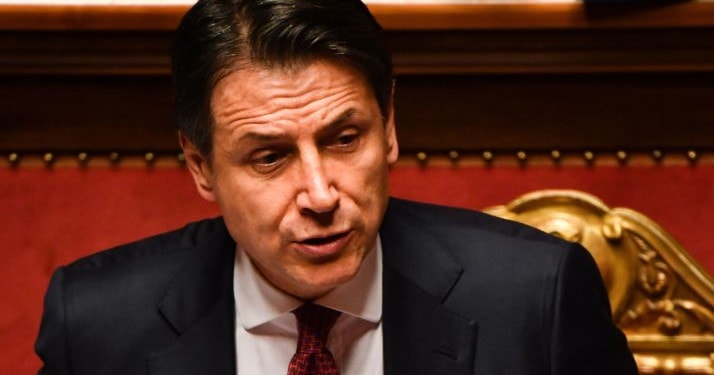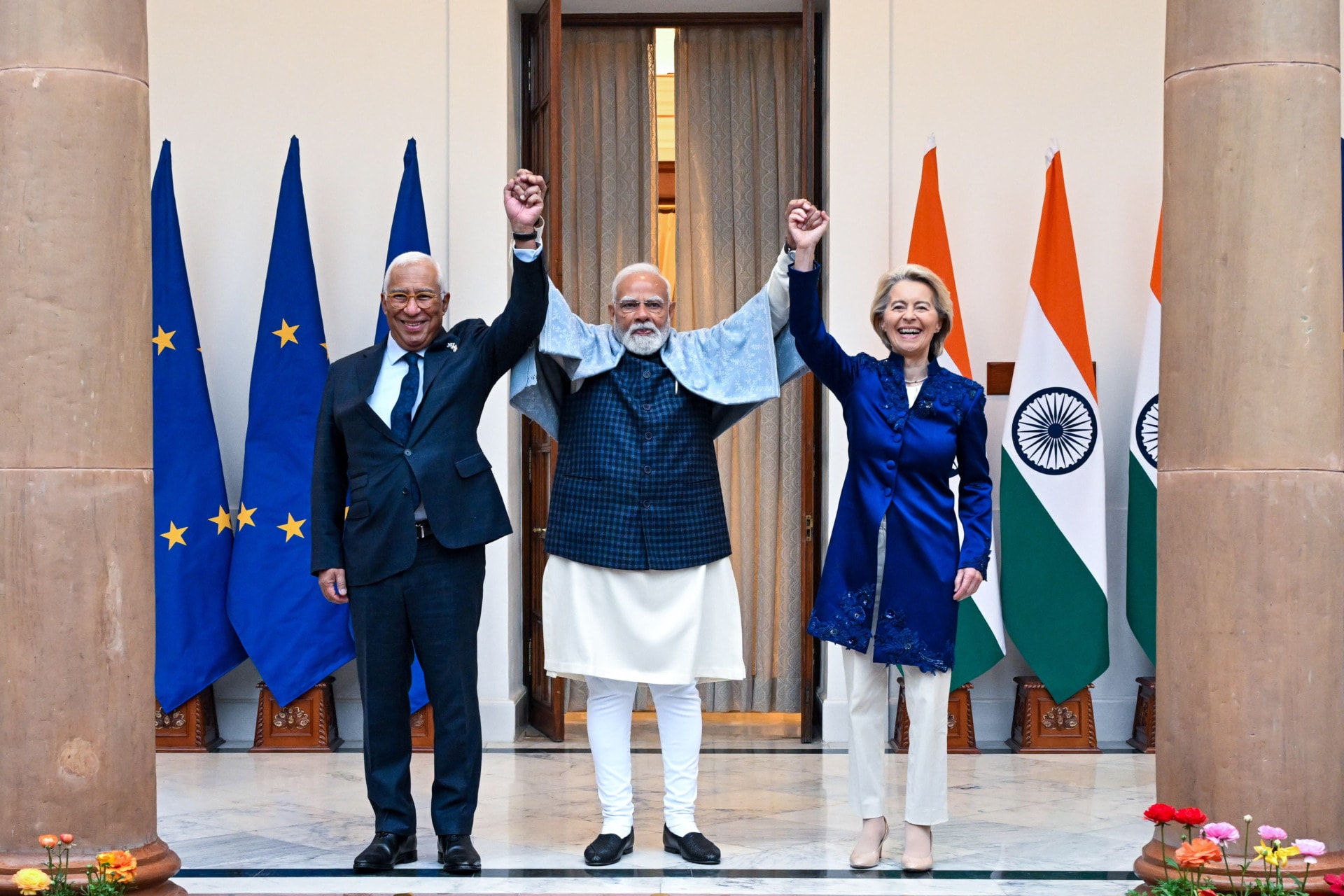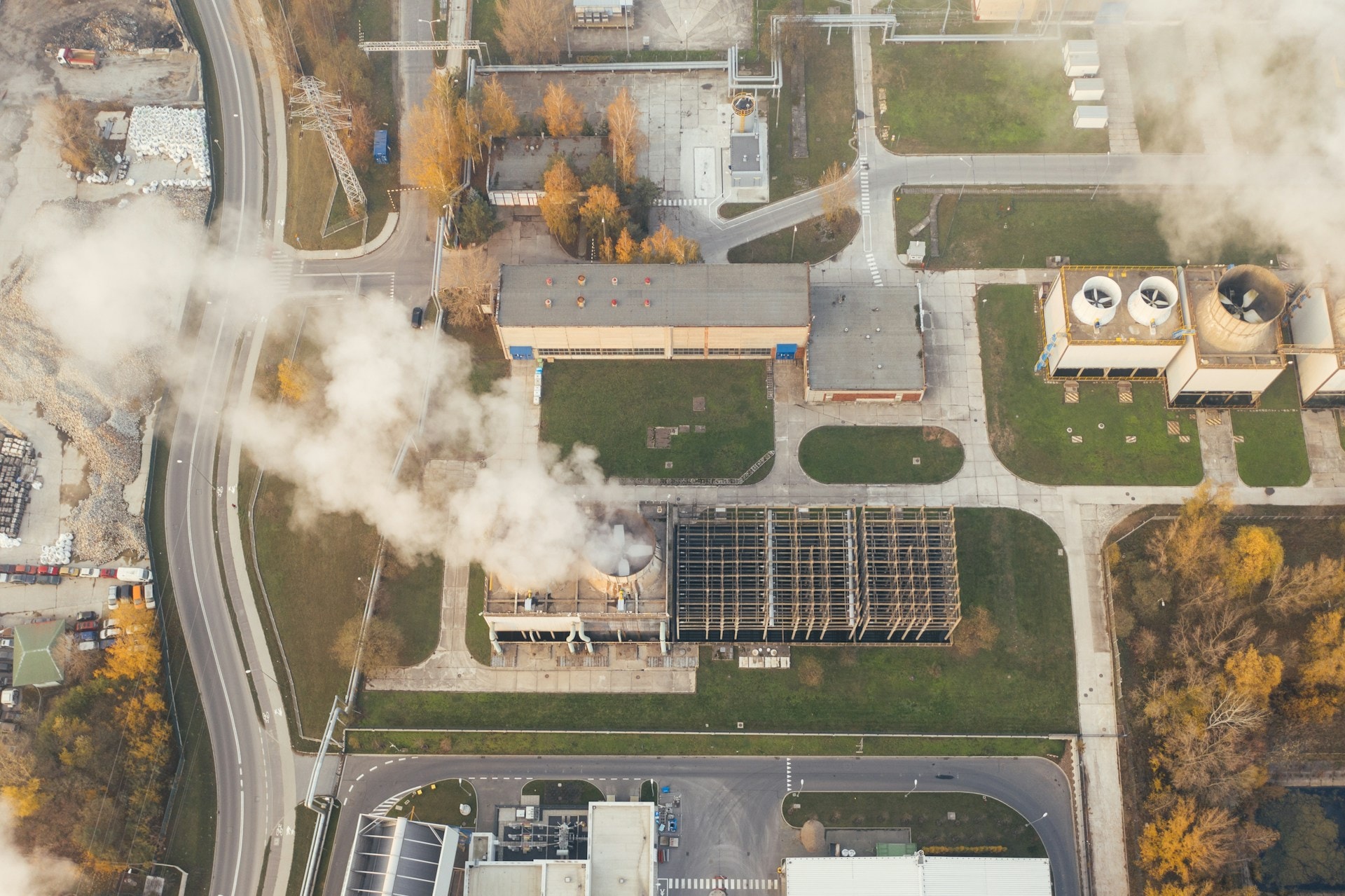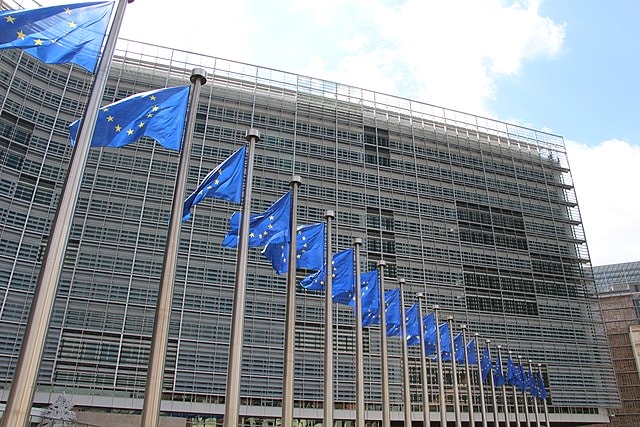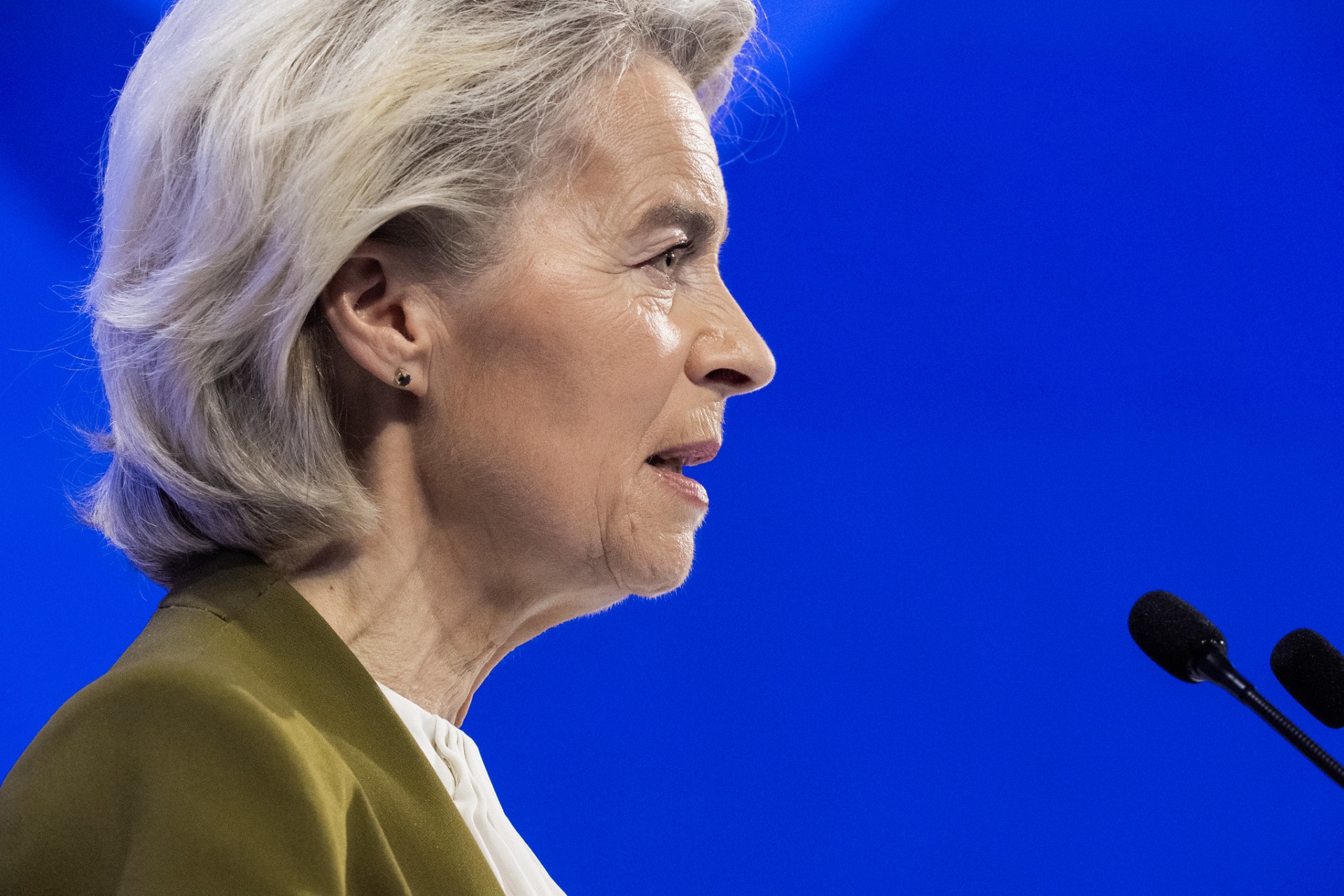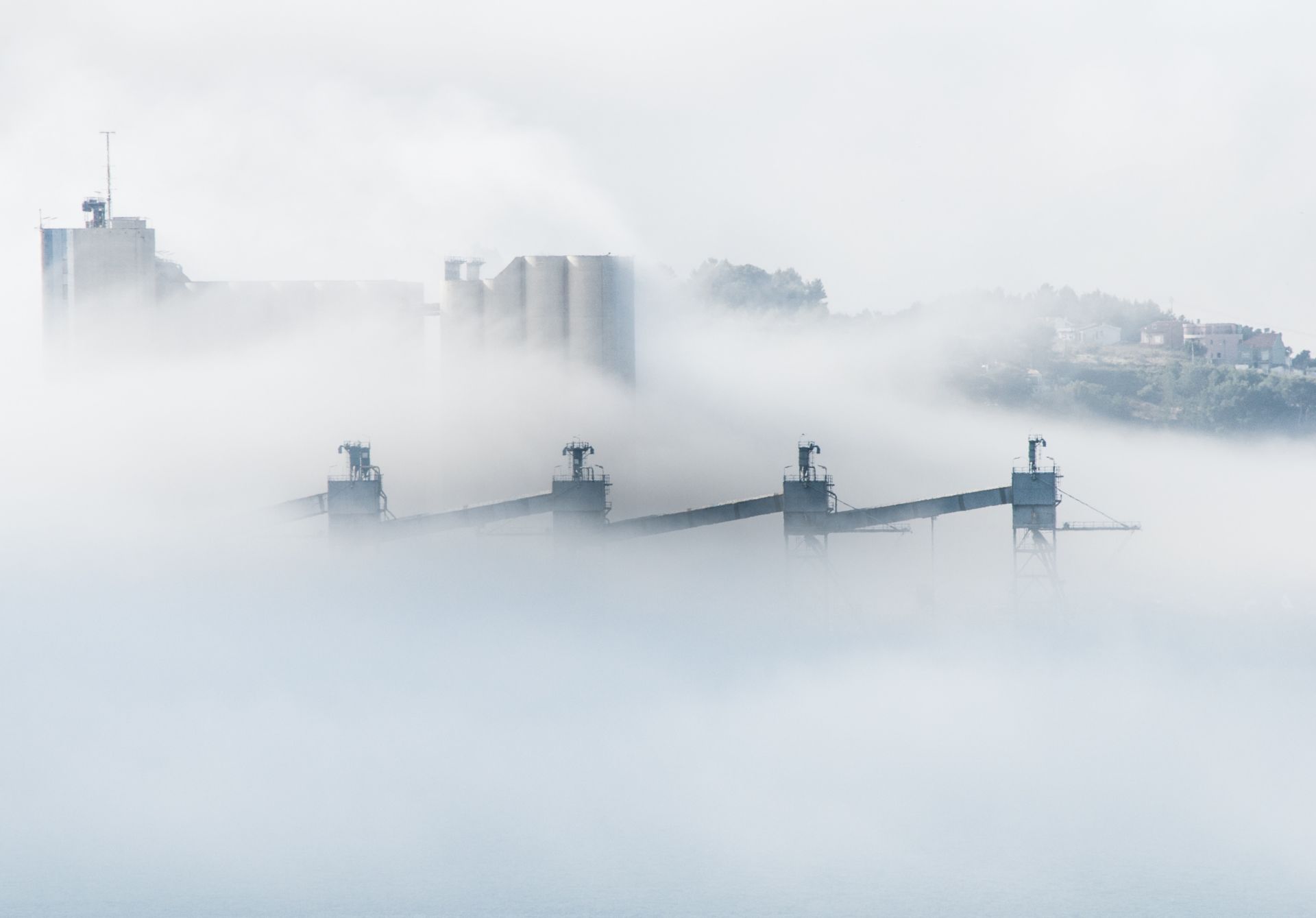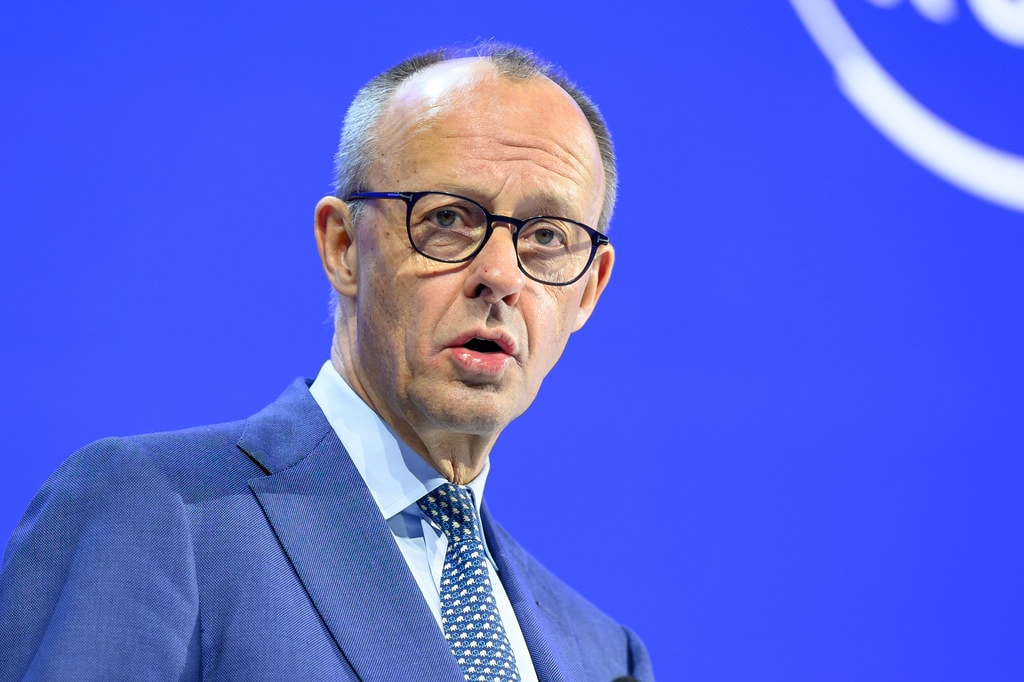The political climate in Italy has been heated for the last 14 months after the 2018 Italian election resulted in a Eurosceptic government established by the hard-right Lega party and its anti-establishment right-wing Movimento Cinque Stelle (M5S). Matteo Salvini, the leader of Lega, who brought the party to fame and secured two posts for himself in the government (Vice-President and Interior Minister), had surpassed the M5S in the recent European parliament elections. Afterwards, his popularity continued to rise and he is now hovering around 38%, while the support for M5S was disastrously halved, down to some 20%.
Salvini’s rise to power has been fuelled by the immigration crisis and the economic struggle resulting from the country’s economic problems, deepened by the extremely high debt (132% GDP) the country’s political leaders have been unable to address. He had fashioned himself as an anti-migrant champion, vowing to close Italy’s borders to refugees and as an “enemy of Brussels”, promising to restore Italy’s economy whose problems he attributed to EU austerity policies.
After the resignation of Prime Minister Giuseppe Conte, an independent politician-lawyer allied to M5S who had been guiding the M5S-Lega government, Italy may be thrown into weeks or months of political uncertainty with lots of arm-wrestling for a place in Palazzo Chigi.
For now, the President of Italy, Mattarella, gave Conte on 29 August the task to form a new government based on an alliance between M5S and the Partito Democratico (PD). Whether he will succeed is uncertain, both the M5S and PD base are restive. For example, Euro-parliamentarian Carlo Calenda, a major political figure in the PD, just resigned from the PD management. But it certainly marks a personal defeat for Salvini, ending his streak of successes and sidelining him for now.
The rise in far-right populism in Italy is a major concern for many.
After the success at the European elections in May coming on top with 34% in Italy, Salvini has been “looking for a pretext to return to the polls,” said Conte, addressing the Senate before his resignation on August 20.
Lega is now polling around 38% and is by far the most popular party in Italy. If new elections were held, a new right-wing government with the hard-right Fratelli d’Italia party (FI) polling around 7%, may be formed, with probably support from Forza Italia, Berlusconi’s party. All three hold a similar vision on immigration, economy, security, family and relations with Europe.
“Together, Lega and Fratelli d’Italia are likely to achieve an outright majority in parliament,” said Federico Santi, an analyst from the Eurasia Group. And if they don’t, Berlusconi is likely to provide the support they need to govern.
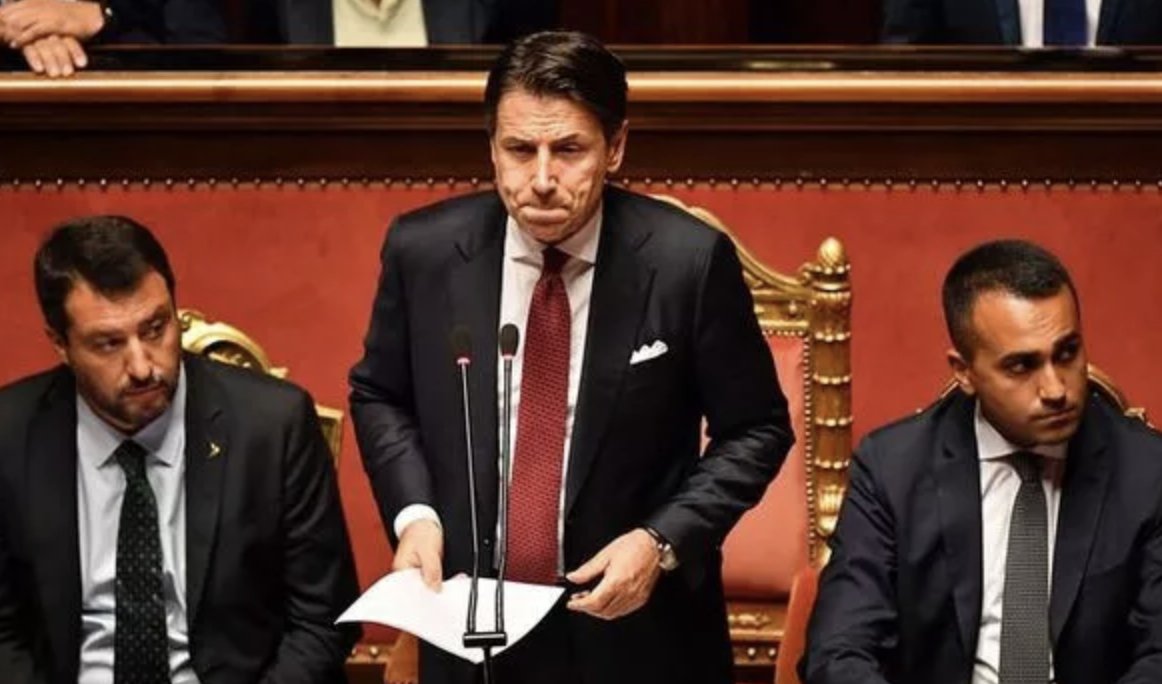
Photo Credits: Getty Images
Italy’s financial struggles are begging to be addressed and the country will prove to be ineffective in doing so until a governing majority if formed. However, the most likely pairing of parties at the moment, the M5S and the PD have progressed in mending their relationship and creating a new coalition, but how long that alliance will hold, or how solid it is, is open to question.
Sergio Mattarella, the President on Italy, imposed that crisis must be “resolved quickly” and within three days had given Conte the task of forming a new government. The former leader of the PD and prime minister Matteo Renzi to the dismay of many Italians who see him as a paladin of neo-liberalism, an ideology hated by most M5S voters and many in the PD itself, including Calenda, had recently returned to frontline politics, calling for a PD-M5S alliance in order to stop Salvini.
While the PD is eager to return to power, the M5S leader Di Maio declared that “nobody wants to sit at the table with Renzi” and does not fear a new election. For that matter, neither does Carlo Calenda who made it quite clear in his letter of resignation that he disavowed the proposed PD-M5S allowance and saw it as a moral debacle. Lega has retracted its statements seeking new elections fearing that this would push the PD and M5S into a union that would marginalize Salvini’s party from crucial decision making and would mean, in Salvini’s words, “returning to old politics”. He said, “If they want to restart the government and the country, I am here, without looking back … if there’s a different team that get things done, I won’t hold a grudge.”
Di Maio’s vagueness concerning the party with whom he would create a governing coalition with heightens the possibility of new elections. As it stands Salvini would find himself in a strong position if this were to occur. Although his actions say little, Di Maio has promised to not let this happen stating “We won’t let the ship sink, or Italians will pay.”
Related topics: Murderers in the Mediterranean – Italy’s Love Affair with Populism – Why Italy is Key – Fix Immigration and Strengthen the European Union
The recent tension between Conte and Salvini, Italy’ s Interior and Deputy Prime Minister intensified after Salvini banned the Open Arms refugee migrant ship docking in Lampedusa. The long-standing party policy differences on immigration crisis has more often than not occupied public debate.
The political discussion was again brought to social media with Conte in an open letter saying six EU countries were “ready to welcome the migrants”, Italy not among them. Salvini contested this by saying that his “closed ports” policy was working, and continued to disregard the Open Arms’ call for help. That was the event that precipitated the crisis. Having majority public support, Salvini then sought a no-confidence vote against Conte, an act which Conte regarded as opportunist, throwing Italy into a new political struggle.
The boot shaped country that found itself on the frontlines of the immigrant crisis now faces an unpredictable, unstable and weakening domestic political future. As migrants continue to make the treacherous journey towards Europe they may be faced with a country imploding from its own political crisis.
As Italy descends into coalition building, pact making, yelling matches and uncertainty what will become of the desperate asylum seekers arriving at its door? How will Europe react? And will the peninsula be able to withstand the pressure bubbling at its core and that tapping at its borders?


